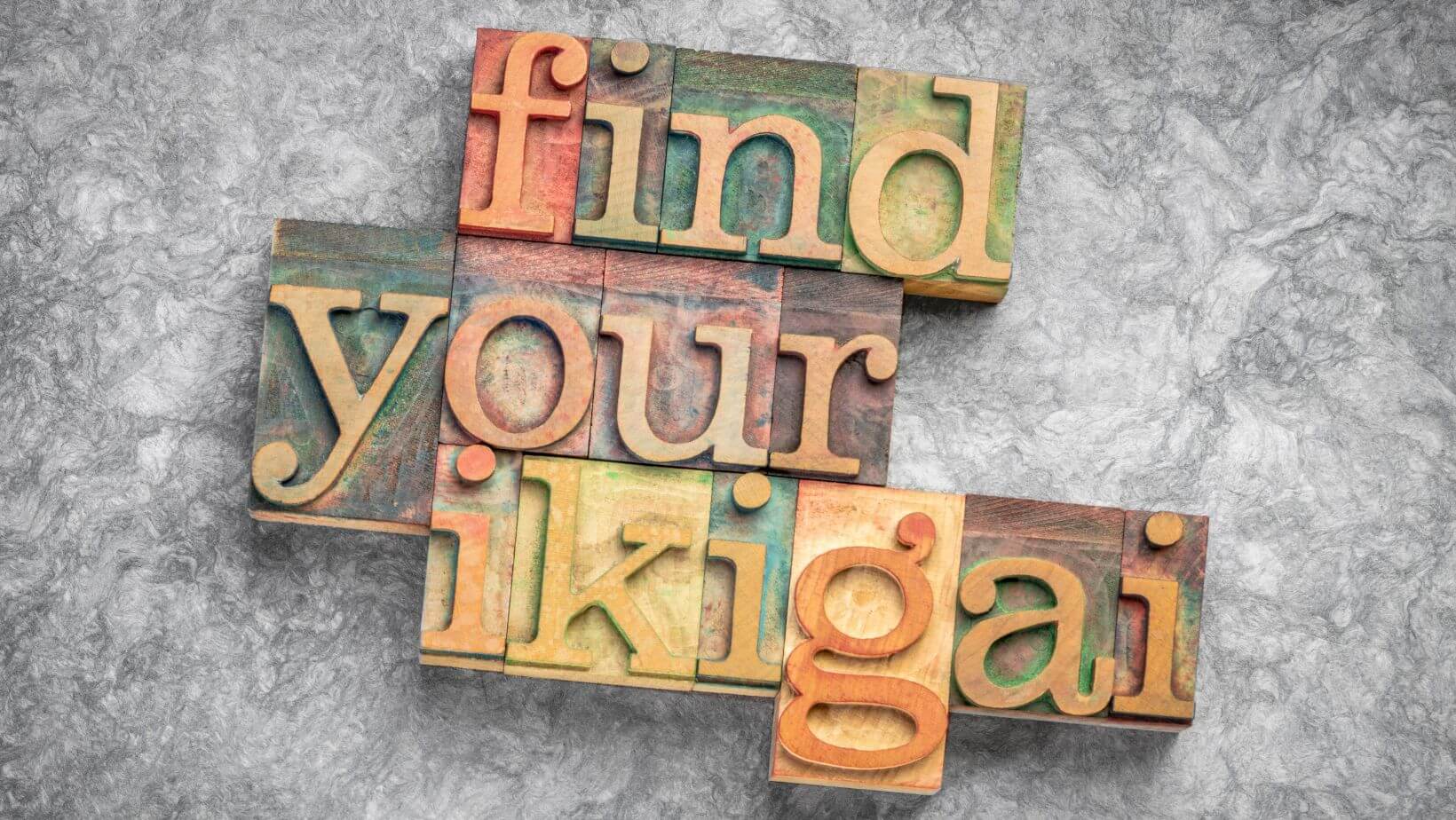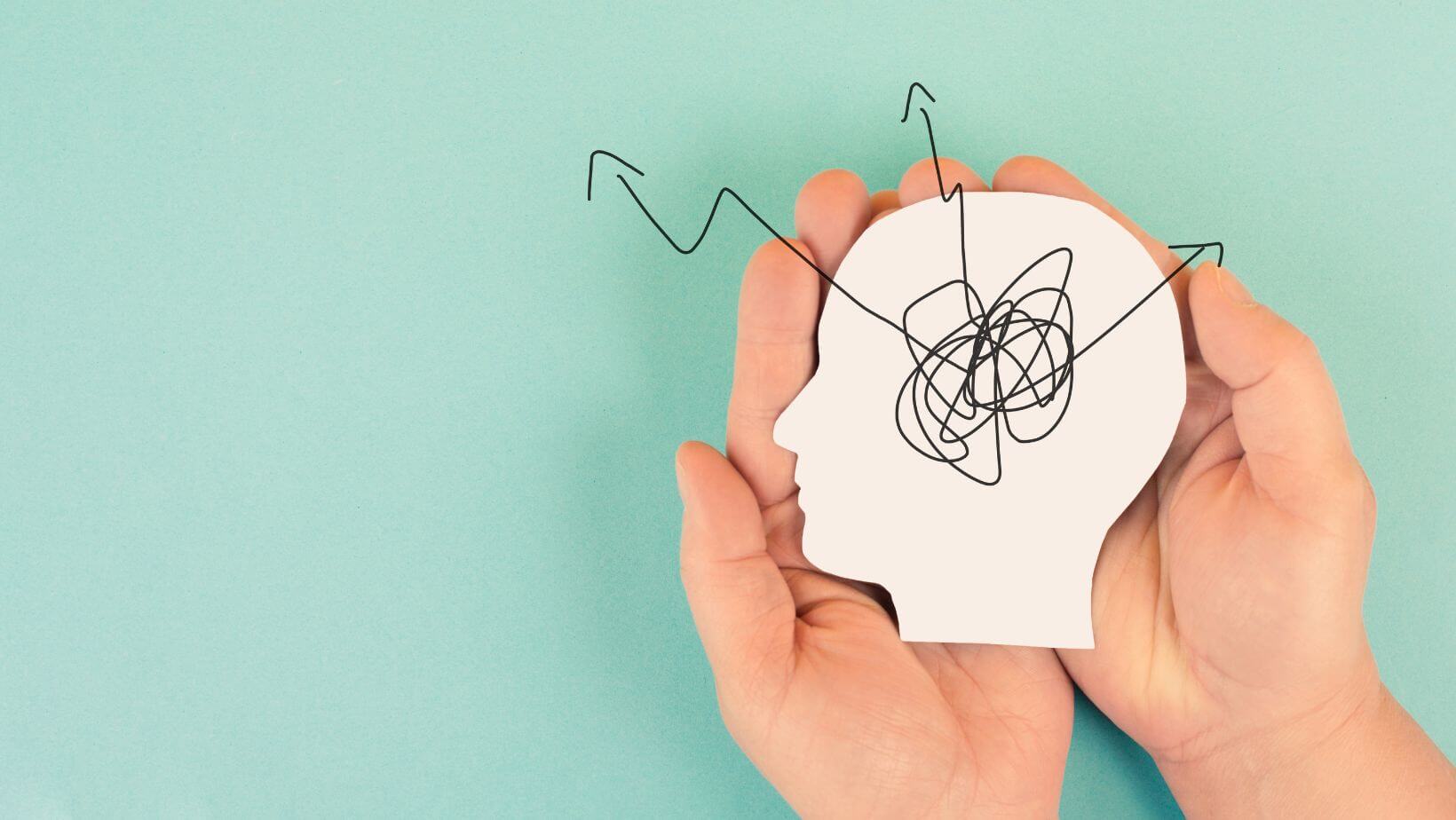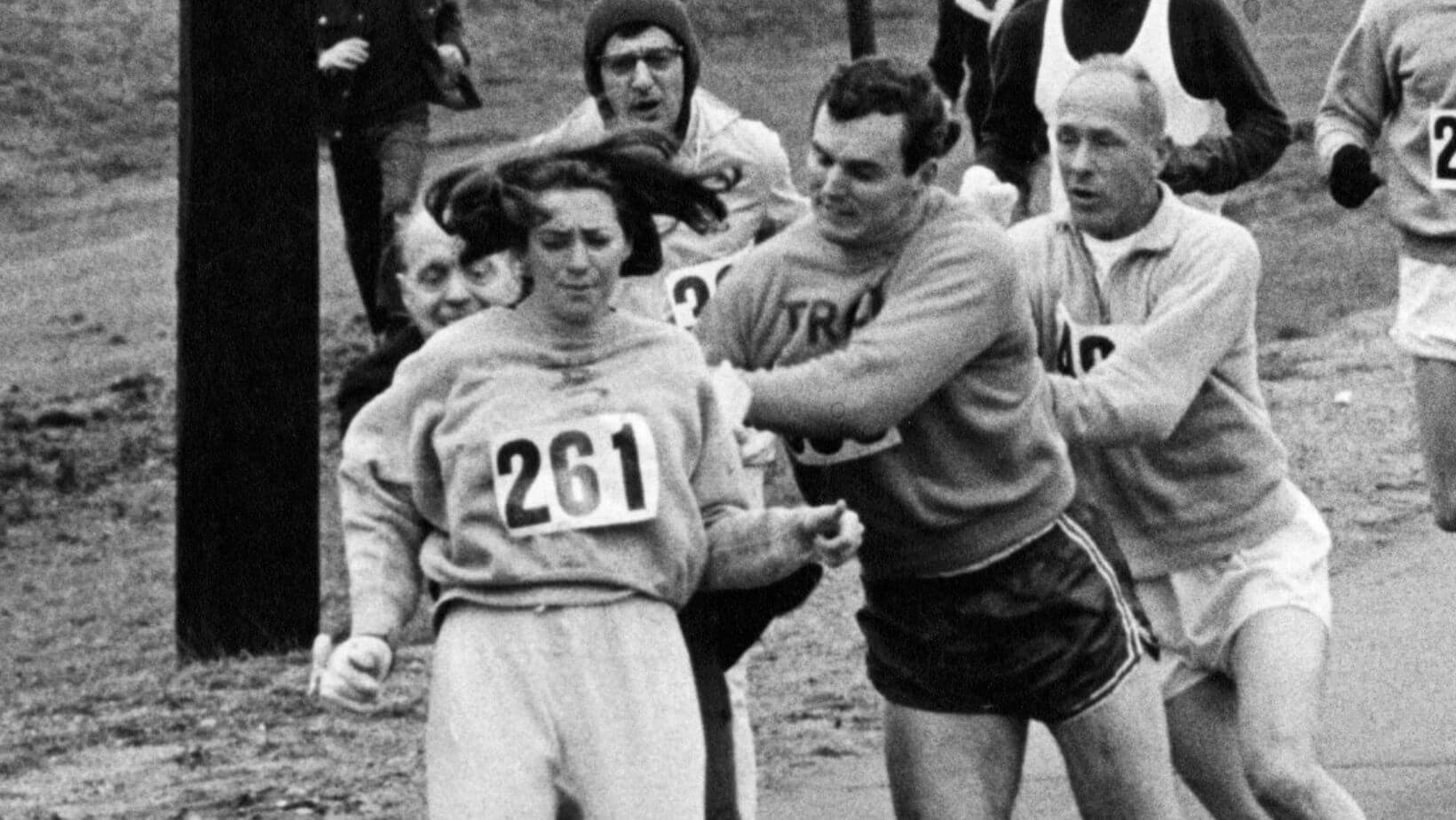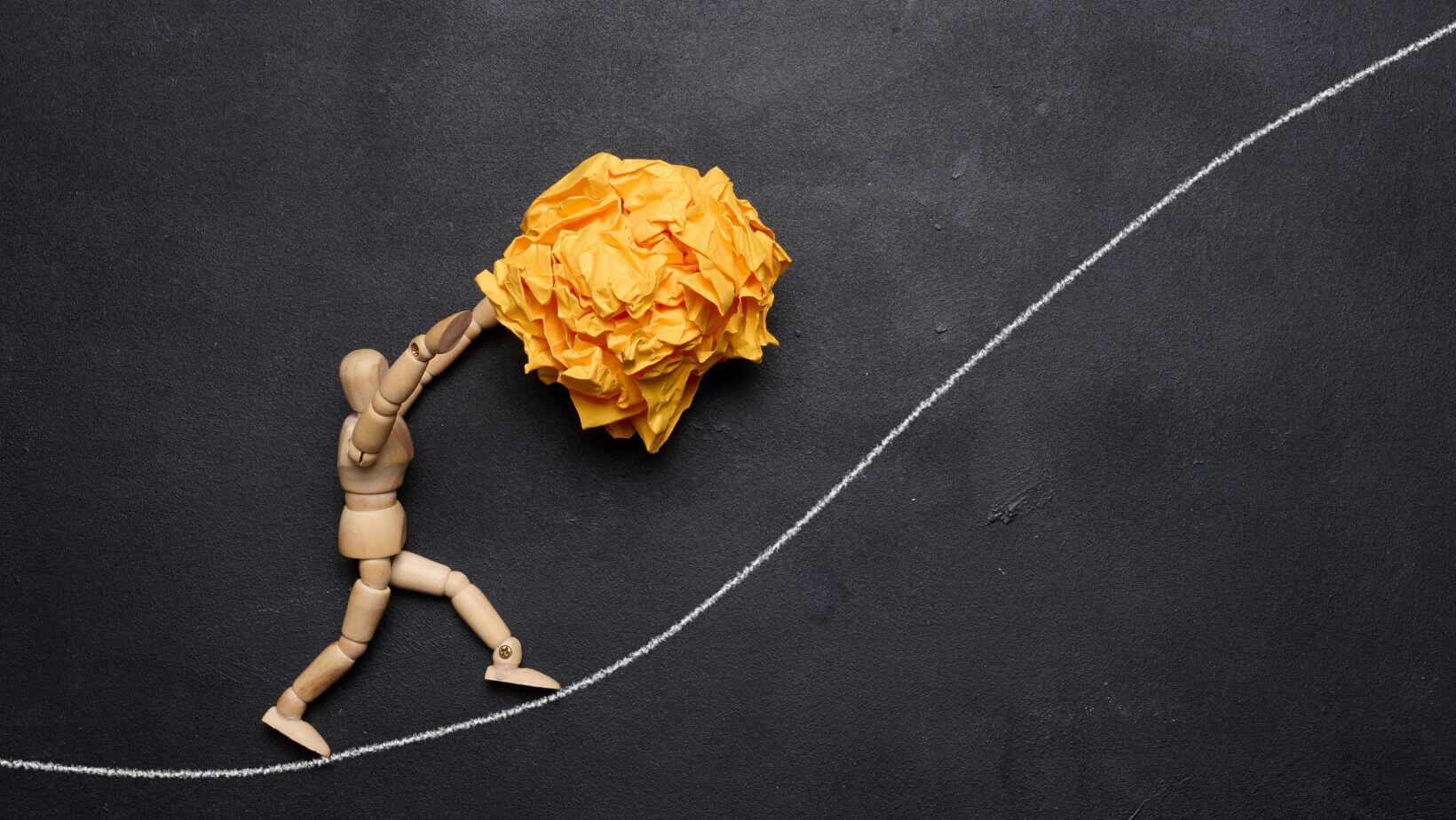How to grow: self-education. Professor Aleksandra Przegalinska asked: “Is development still an opportunity or already an obligation?” Further reports discussing 21st-century competencies, future skills, point out the main competencies as:
- ability for active learning,
- ability to design learning strategies.
Today, we have unlimited space for self-education (self-learning, self-improvement, lifelong learning, self-shaping…).
Table of Contents
ToggleRequirements for Self-Education
Self-education, however, requires from us:
- proactiveness,
- conscientiousness, consistent action, self-discipline,
- goal-setting skills,
- skills in planning and organizing work,
- autonomy,
- skills in applying critical and creative thinking,
- mindfulness (being more aware and focused) and the ability to concentrate in a world full of distractions, effective learning skills.
Supposedly, “there are no uninteresting things, only disinterested people.” (Gilbert Chesterton) However, to develop, one must first become aware of what they are aiming for, what their goal is.
“Project: My Life” – Crafting a Personal Competence Development Strategy
Our own competence development strategy, which I call “Project: My Life,” can consist of:
- awareness of needs, goal definition, dreams,
- “conscience check” – diagnosis of competency status, one’s strengths and weaknesses, opportunities and threats from the environment, value system, distinguishing factors (what sets me apart, what talents I have), and competency gaps,
- choosing and planning paths and developmental tools, selecting a mentor, inspirer, cost calculations,
- planning goal realization (long-term, medium-term, and short-term), defining tasks,
- choosing the environment (people, work environment) and ways to motivate oneself to act,
- establishing ways to monitor progress and oversee competency development,
- execution in the spirit of Kaizen,
- updating goals and plans, flexibility, agility.
Revisiting Work Approaches for Developmental Gains
How to grow: self-education. We should also reconsider our approach to work to save some time for development. At this stage, a conscience check, diagnosis, activity analysis (how much time it takes me and whether it adds value), evaluation of what distracts me, and what is simply wasteful, are needed. We should also create our own task/activity management system (welcome to personal Kaizen training and learn the principles and tools of effective learning (here too, I invite discussion). Today, those who do not move forward, retreat – as reportedly said by J. W. Goethe.
Dr. Iwona Burka holds a Ph.D. in Economics and has carved a distinguished career as a business trainer, researcher, adviser, and university lecturer. Celebrated for her contribution to various papers on management systems, she's also co-authored the seminal book, "Lean Service in theory and practice". With years immersed in the real-world implementation of management systems, Dr. Burka excels at simplifying complexities and excess. She fervently champions the optimization of organizational processes using the Lean approach combined with the Kaizen philosophy.









